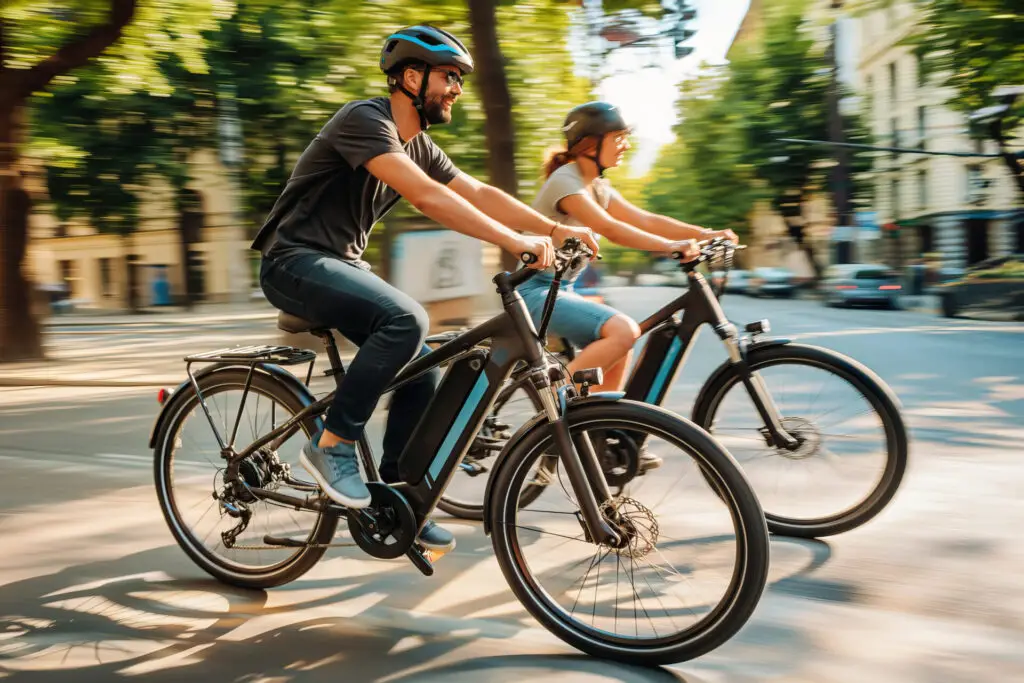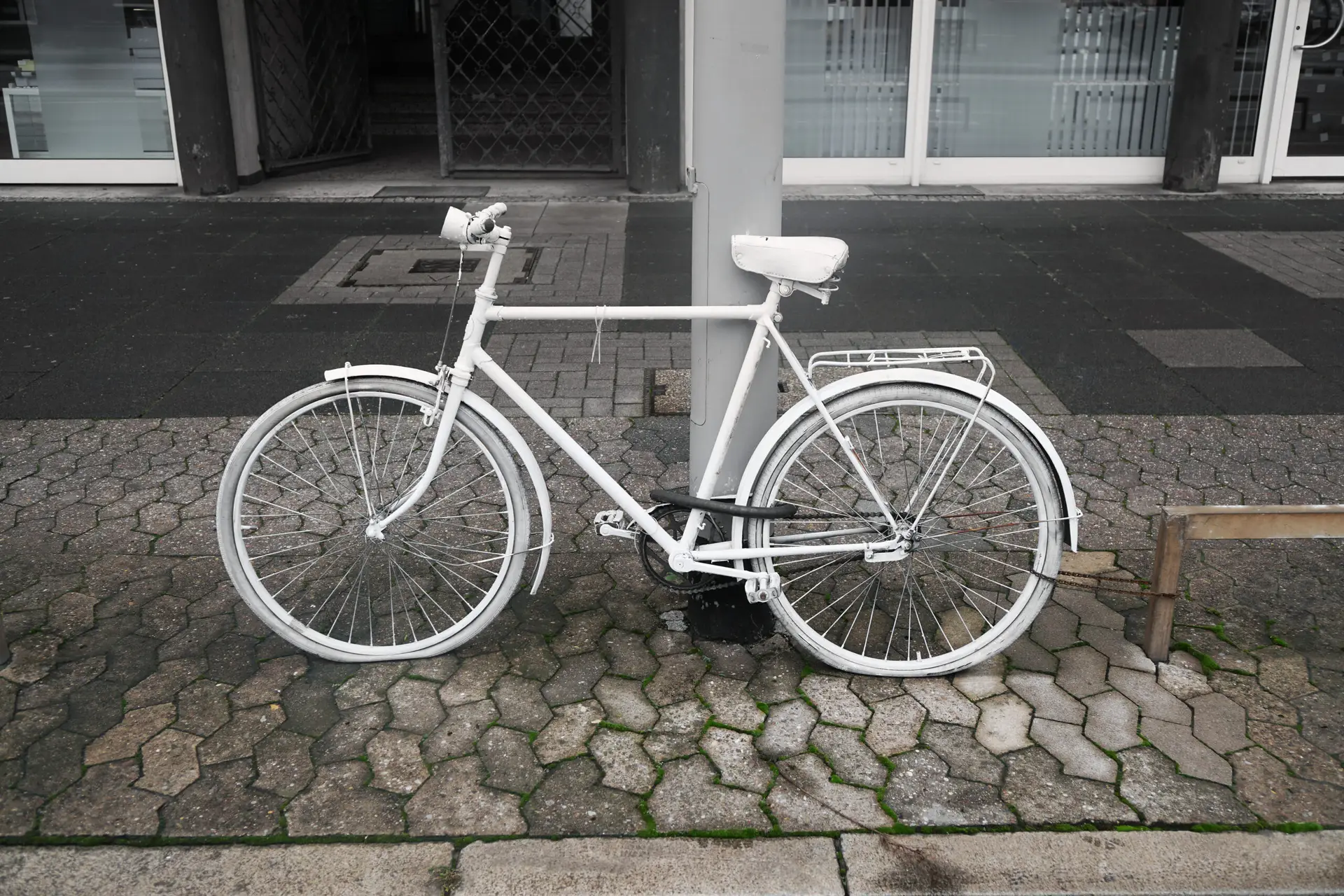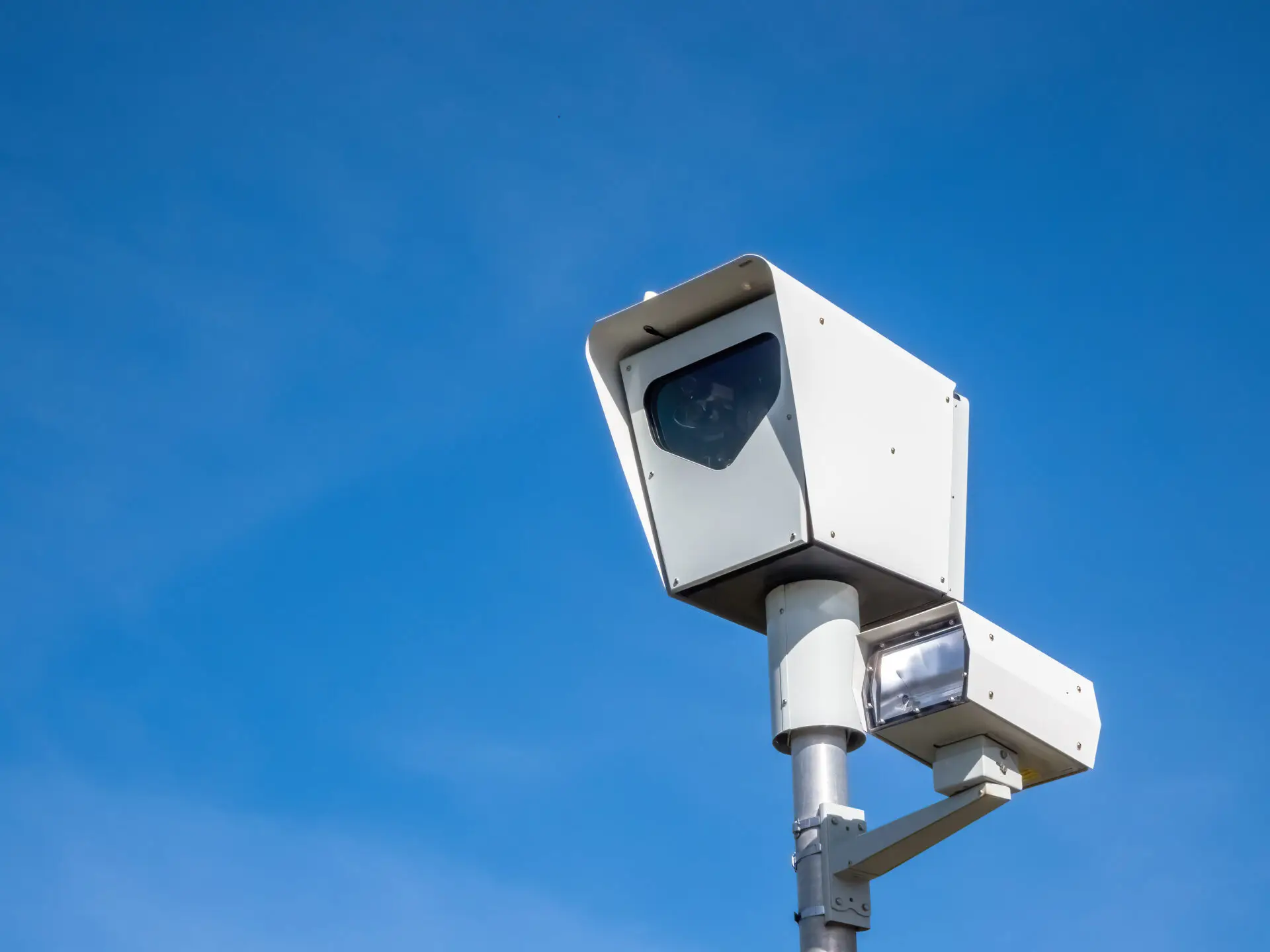October 2025 Update: HB25-1197 passed and was signed into law. Most of the law took effect in August 2025 and some will go into effect January 2027.
Original Post:
On April 7, the Colorado Senate’s Transportation and Energy Committee will consider HB25-1197, which addresses the definition and sale of e-bikes.
Bicycle Colorado supports this bill, and I’ve had the privilege of working closely with the bill sponsors to provide input and feedback on its language. We’ve been one of several stakeholders involved, including the excellent policy team at People for Bikes.
So, what is this bill about? It concerns e-bikes. Personally, I love e-bikes, and I’ve been very glad to see them adopted widely in our state as an accessible and environmentally-friendly alternative form of transportation and recreation for so many people.
I used to work in the service department of a local bike shop in Denver, where I heard firsthand from people who had rediscovered bike riding or had gotten into riding for the first time because of e-bikes and the public incentives that have made them more accessible. It’s been great to see so many people out on the roads and paths riding e-bikes and enjoying all the benefits biking has to offer.
At the same time, I’ve also seen my fair share of vehicles that may look like e-bikes at first glance (with pedals, a chain, and so on), but they clearly don’t fall within the e-bike three class system that Colorado adopted in 2017— a system that many other states have also adopted. These vehicles are closer to electric motorcycles than they are to bicycles, given their motor power and the speeds they can reach using a throttle alone.
I fear that these kinds of vehicles are potentially unsafe to ride on infrastructure designed for low-speed vehicles, and it is potentially unlawful to ride them on public roads without a license or insurance. I also worry that these vehicles are being mistaken for e-bikes, which could ultimately harm the reputation of e-bikes as a whole.
Unfortunately, some folks riding these vehicles may not even know that what they are riding is not an e-bike, because often these products are marketed and sold as “e-bikes” with an e-bike mode. However, they may also feature an “off-road” or “sport” mode—easily accessible through a button or phone app—that allows the vehicle to exceed the definitions outlined in the three-class system. This marketing practice is misleading at best and dishonest at worst.
These vehicles create confusion for consumers (especially parents of children), as well as law enforcement, land managers, and other road and trail users.
This bill takes a critical step in addressing how these vehicles can be marketed or sold, and it more strongly defines what is and is not an e-bike under Colorado law.
For someone like me who cares deeply about continued e-bike adoption and the promotion of e-bike safety, this bill takes concrete steps to ensure a clear distinction between e-bikes and other electric vehicles.
That said, I recognize there may be legitimate uses for electric motorcycles of all kinds, and there are surely benefits to people replacing car trips with trips on an electric scooter or motorcycle. However, these vehicles are not e-bikes as defined by Colorado law, and they should be subject to a separate conversation about licensing or insurance requirements for use on public roads.
This bill also takes steps to ensure e-bike battery safety and clarifies how a multi-mode e-bike (for instance, an e-bike that can switch between class 2 and 3) should be labeled. These are crucial steps to ensure safety as more and more people buy and ride e-bikes.
Bicycle Colorado supports this bill as an essential step toward ensuring the safe adoption of e-bikes in the future.
Quick Facts About The Bill
- HB25-1197 has been introduced but not yet passed, and as of 3/13/2025, an amended version of the bill has been adopted and passed out of the house and is now assigned to the Transportation and Energy Committee in the Senate.
- As amended, the bill would do several important things:
- It clarifies what is and is not an e-bike. The bill also makes it unlawful to sell or advertise a vehicle that is not an e-bike as an e-bike. This language addresses potentially dangerous vehicles that may look like e-bikes but exceed the speed and motor capabilities of the three-class e-bike system.
- The bill defines a multiple-mode e-bike as an e-bike that can switch between two or more of the three established classes. The bill clarifies existing labeling requirements on e-bikes to say that a multiple-mode e-bike must display each of the classes or the highest class it is capable of achieving on its label. This will make it easier for law enforcement and land managers to identify the e-bike.
- The bill requires that the batteries of sold e-bikes be certified to meet certain safety standards by an accredited testing laboratory.
- The bill requires certain disclosures at the point of sale of an e-bike, including a statement of the current Colorado age restriction on class 3 e-bikes when selling an e-bike capable of operating as a class 3 e-bike.
- If passed, some of the law would go into effect August 2025, some of it would go into effect January 2027.
- What the bill, as amended, does NOT do:
- This bill does not alter the current definitions of class 1, 2, and 3 e-bikes.
- This bill does not change existing labeling requirements on class 1, 2, and 3 e-bikes.
- This bill does not change or expand the existing age restrictions on e-bikes.
- The battery certification requirement in this bill does not conflict with or go beyond the existing requirements of the Colorado e-bike tax credit. The tax credit names UL2271 or EN 15194 as acceptable battery standards. UL 2271 is included in the bill since it is a standard “referenced in” UL 2849.
Correction: A previous version of this post incorrectly stated that the full law would go into effect January 2027.




